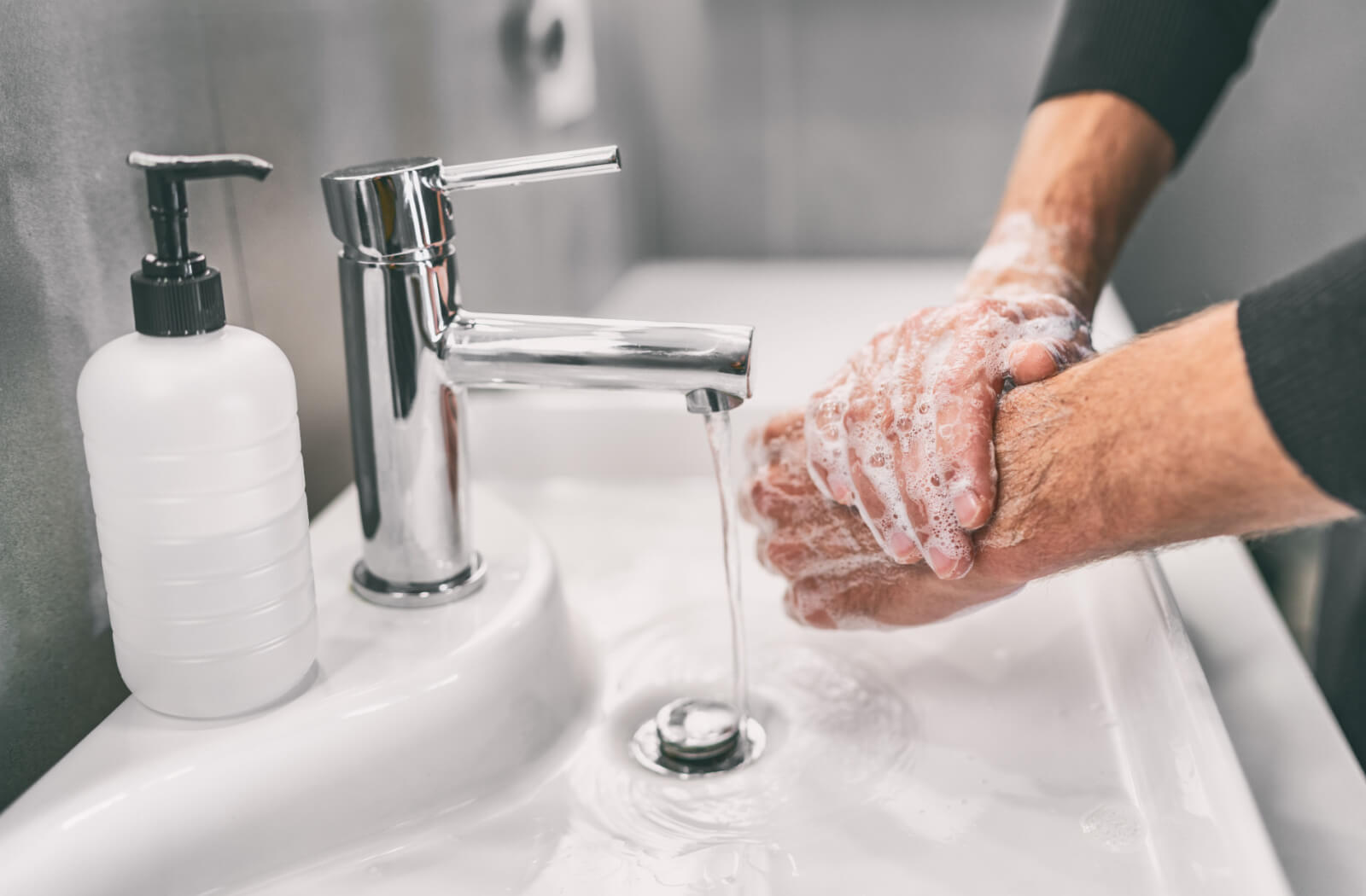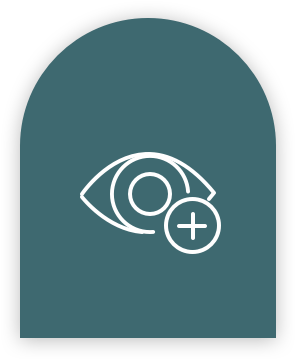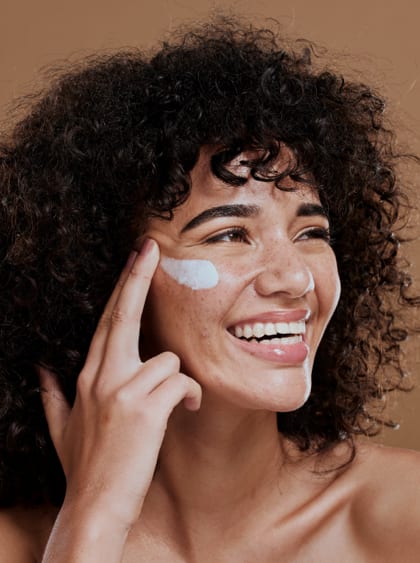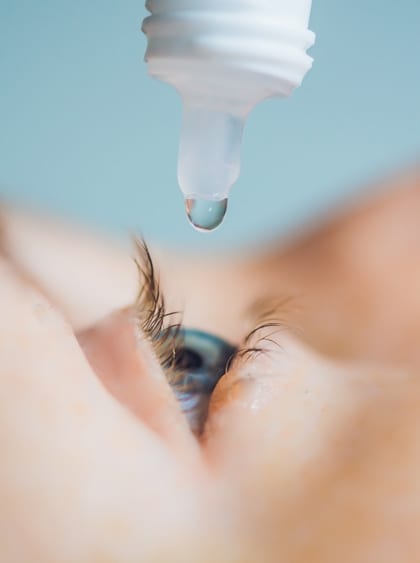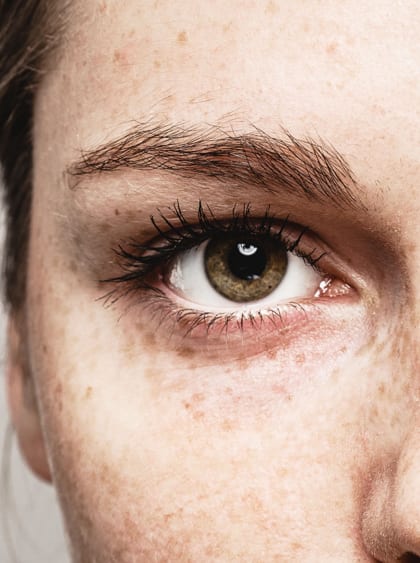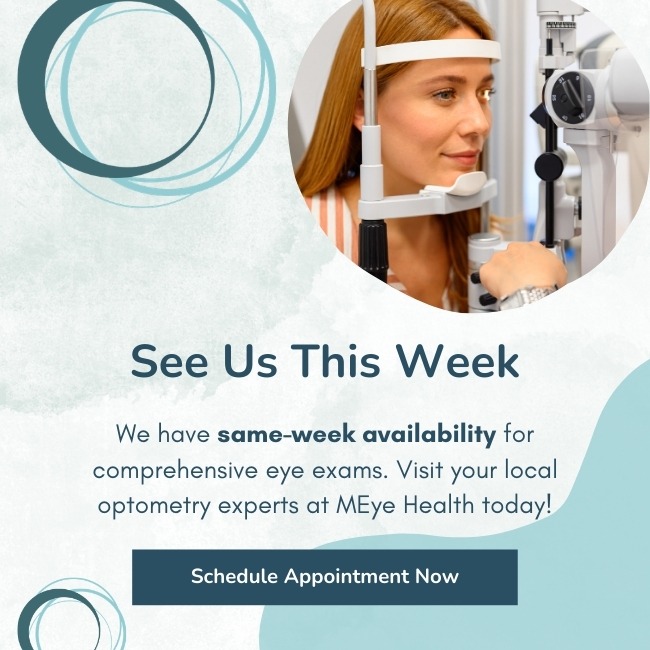Contact lenses can be a great way to experience clear, frame-free vision. But there are some important things to remember when wearing your contact lenses.
- Clean your hands before handling your contacts.
- Follow the manufacturer and your optometrists care instructions.
- Follow the Wear Schedule
- Do not sleep with your contacts in.
- Clean and disinfect your contacts with the proper cleaning solution. Never reuse cleaning solutions.
- Wear sunglasses.
- Don’t Wear Contacts with Irritated or Infected Eyes.
- Do not share your contact lenses.
- Always have a back-up set of glasses.
- Visit your eye doctor for recommended exams.
Improper contact lens care could lead to minor complications, such as minor discomfort or irritation, up to more severe issues like conjunctivitis (pink eye) or a corneal ulcer. Because of the potential for complications, it’s important to see your optometrist if you ever experience any adverse reaction while wearing contact lenses.
1. Clean Your Hands Before Handling Your Contacts
Many contact lenses are designed to be used for an extended length of time, up to a month, except for daily disposables. This alone means you will be putting your fingers near your eye daily, which is why poor hand hygiene is among the top risk factors for eye infection. It’s important to clean and dry your hands thoroughly before handling your contacts.
2. Follow the Manufacturer & Your Optometrist’s Care Instructions
Not all contact lenses require the same care. They are manufactured with different materials, different designs, and for different purposes. Each type will have its own recommended handling and care precautions. So, you’ll want to ensure you’re using the proper storage, cleaning with the recommended solution, and allowing them to disinfect for long enough. Other important tips; Do not touch your contact lenses with fingernails, sharp objects, make-up, creams, lotions, or perfumes. Do not use tap water or saliva on your contact lenses. Only use contact lenses approved eye drops.
3. Follow the Wear Schedule
Not only are contacts made from different materials and designed for different purposes, but they’re also designed for varying types of wear. For example, some contact lenses are designed to be worn only once and thrown out, whereas others may be able to be worn every day for up to 30 days or longer.
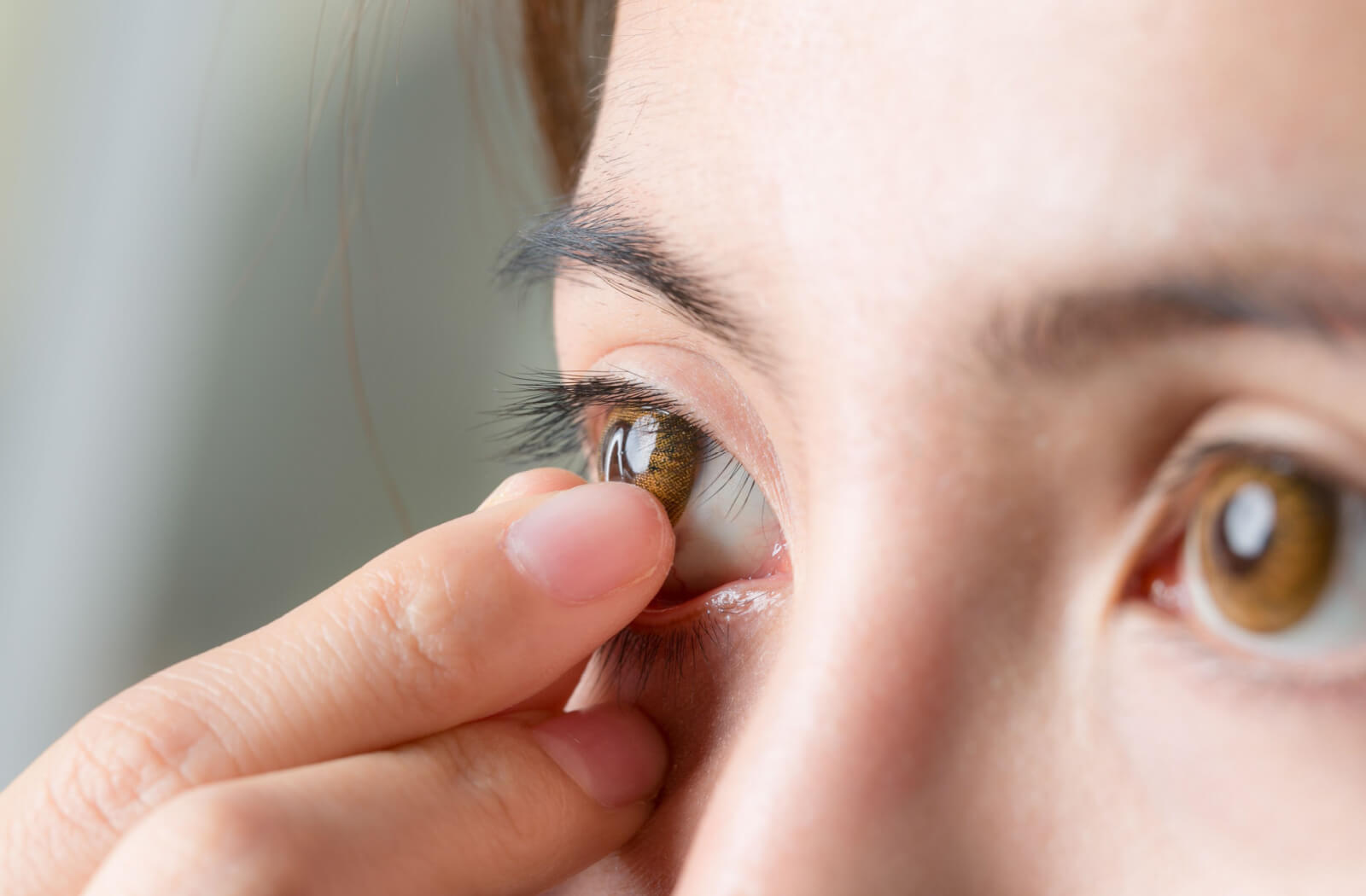
4. Don’t Sleep with Your Contacts In
Some contact lenses, such as ortho-k lenses used in myopia control, may be designed for and safe for overnight wear. But as a general rule, daily lenses, disposable and scleral lenses should never be worn overnight. Wearing your lenses overnight can lead to irritated, dry eyes and potential infection.
5. Clean Your Contacts with the Proper Cleaning Solution
Proper cleaning is an important part of getting the most out of your contact lenses and ensuring they stay safe to wear. A couple of things to remember are never use saliva, tap water, or even saline solution to clean your soft contact lenses. You should only use the specific cleaner that is safe for your contacts, which will vary depending on the type of lens. Never reuse your cleaning solution. Talk to your optometrist if you’re unsure of what cleaning solution you should be using.
6. Wear Sunglasses
Medical technology has improved greatly over the years, and some contact lenses actually have UV protection built right into the lens material. While this is a significant benefit, it’s still important to fully protect your eyes and the sensitive skin around your eyes from UV radiation with suitable sunglasses.
7. Don’t Wear Contacts with Irritated or Infected Eyes
As wonderful as contacts are, there are some situations where you shouldn’t wear them. Your eye doctor can give you precise recommendations on when to leave your lenses out. But a good rule of thumb is to not wear your contact lenses when your eyes are irritated, or an infection like pink eye is present.
8. Don’t Share Your Contact Lenses
It may go without saying, but you should never share your contact lenses—even if you and the other person have the same prescription. There is the potential for infections to develop because of cross-contamination. This even applies to close family members.
9. Keep Glasses as a Backup
It’s a great perk to ditch the eyeglasses for many people. But there are likely going to be times when contact lens wear isn’t advised. And sometimes, it’s nice to simply give your eyes a break for an hour or 2 before bed. So, keeping eyeglasses with an up-to-date prescription is often a great idea.
10. Visit Your Eye Doctor for Recommended Exams
Our vision and eye health can change over time. This is a primary reason why the Canadian Association of Optometrists recommends that everyone gets a comprehensive eye examination every 1 to 2 years based on age and other factors.
Your eye doctor may recommend a different exam schedule frequency based on your particular situation. Seeing them for these exams gives them a chance to check that wearing contacts is still a safe and effective vision correction method for you.
Discuss Getting Contacts with Your Eye Doctor
There is more to getting contact lenses than simply measuring your visual acuity and figuring out your prescription, although this is a part of it, too. A contact lens exam and fitting involves determining the correct fit based on your eye’s dimensions and accounting for pre-existing conditions like dry eye. Contact us at MEye Health to schedule an appointment if you’re interested in exploring contacts. Our experienced optometrists in Burlington, can review your vision needs and overall eye health to determine whether contacts are right for you.


